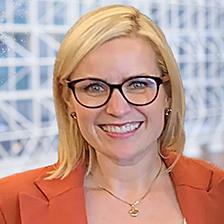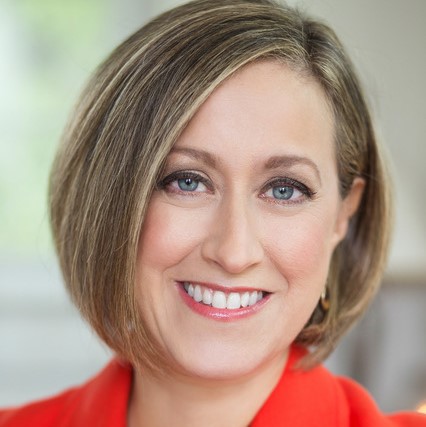China’s Industrial Subsidies: What Can be Done?
Chinese government subsidies to favored industries and the role of state-owned enterprises, along with the overarching role of the state in the Chinese economy, are at the core of U.S.-China trade tensions and are not addressed in the U.S.-China phase one trade deal, signed in January 2020. Kelly Ann Shaw and Stephen Olson walk through these challenges and ongoing efforts to address them through the World Trade Organization and other forums, including a joint statement issued in January 2020 by the U.S., EU and Japan calling for improved subsidy disciplines within the WTO.
Eligible attendees may receive 1 hour of Continuing Legal Education for this webinar. If participating, please provide your bar number when registering.
This webinar is part of a six-session series on “International Trade: Measuring and Managing Risk and Uncertainty.” The series is hosted by the Clayton Yeutter Institute of International Trade and Finance at the University of Nebraska–Lincoln, with support from the CME Group Foundation. All webinars are free and open to the public. Video recaps will be available after the event.

Stephen Olson
Mr. Olson is a research fellow at the Hinrich Foundation in Hong Kong. He began his career in Washington DC as an international trade negotiator and served on the US negotiating team for the NAFTA negotiations. He subsequently became president of the Hong Kong-based Pacific Basin Economic Council, and vice-chairman of Cairo-based ARTOC Group for investment and development. He is also a visiting scholar at the Hong Kong University of Science and Technology. He has a master’s degree in international relations from the Johns Hopkins School of Advanced International Studies and a B.A. from the State University of New York.

Kelly Ann Shaw
Kelly Ann Shaw carries a deep knowledge of international trade, investment, economic law, and policy drawn from her extensive public service at the White House, the Office of the U.S. Trade Representative (USTR), and the Ways and Means Committee in the U.S. Congress. Most recently, Kelly Ann served as deputy assistant to the president for international economic affairs and deputy director of the National Economic Council in the Trump administration. While in the White House, Kelly Ann led the Office of International Economic Affairs for both the National Security Council and the National Economic Council, and was the lead negotiator for the United States at the G7, G20 and APEC, as well as a key negotiator with trading partners, including the China Phase One deal. She previously served as Republican trade counsel for the Committee on Ways and Means; assistant general counsel in both Geneva, Switzerland and Washington, D.C., at USTR; and lead lawyer, negotiator, and adviser in important international negotiations, including the Trans-Pacific Partnership.

Andrea Durkin
Durkin is Assistant U.S. Trade Representative for WTO and Multilateral Affairs (WAMA), Ms. Durkin is responsible for trade negotiations and U.S. policy coordination regarding matters before the WTO including the operation of various WTO committees related to subsidies, technical barriers to trade, customs/trade facilitation and other subject areas. As head of WAMA, Ms. Durkin also leads the development of U.S. trade positions in the Organization for Economic Co-operation and Development (OECD) and other international organizations and intergovernmental forums such as G7 and G20, in coordination with relevant offices in USTR and other U.S. agencies.
Ms. Durkin returns to USTR after nearly two decades in the private sector as an entrepreneur, author and corporate government relations executive. She has served as a non-resident senior fellow and advisor to leading think tanks in Washington, Dallas and Chicago on trade policy, economic growth, and food and agricultural trade. Ms. Durkin proudly taught hundreds of students International Trade and Investment Policy for seventeen years as an Adjunct Professor at Georgetown University’s Master of Science in Foreign Service program and served as president of the Women in International Trade association.
Over the span of a decade of previous government service with USTR and the International Trade Administration of the U.S. Department of Commerce, Ms. Durkin led a variety of negotiations that included free trade agreements in the Western Hemisphere, the trade-related aspects of United Nations multilateral environment and public health agreements, and sectoral initiatives in APEC.